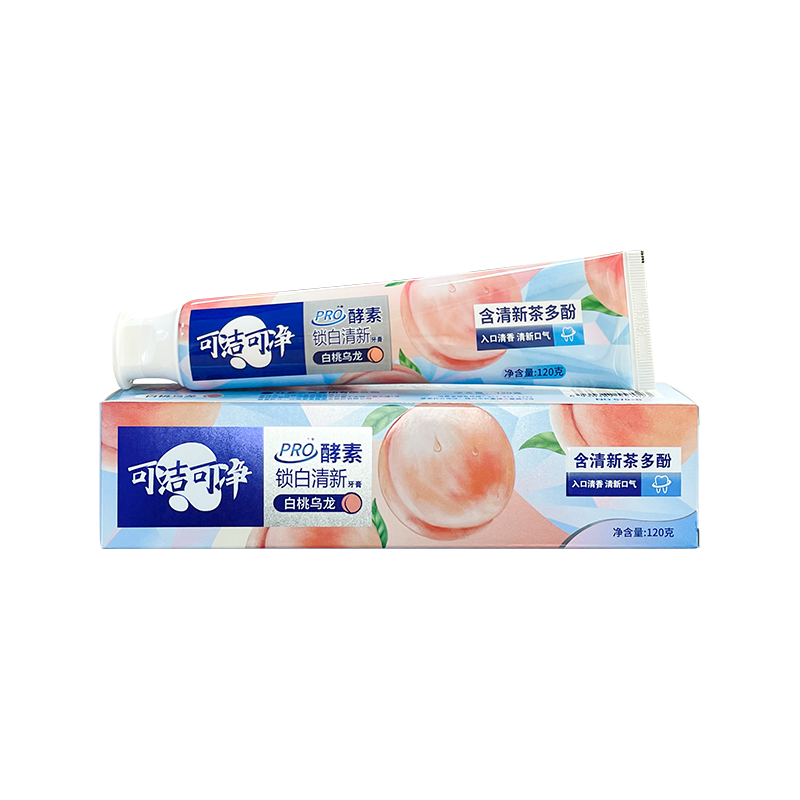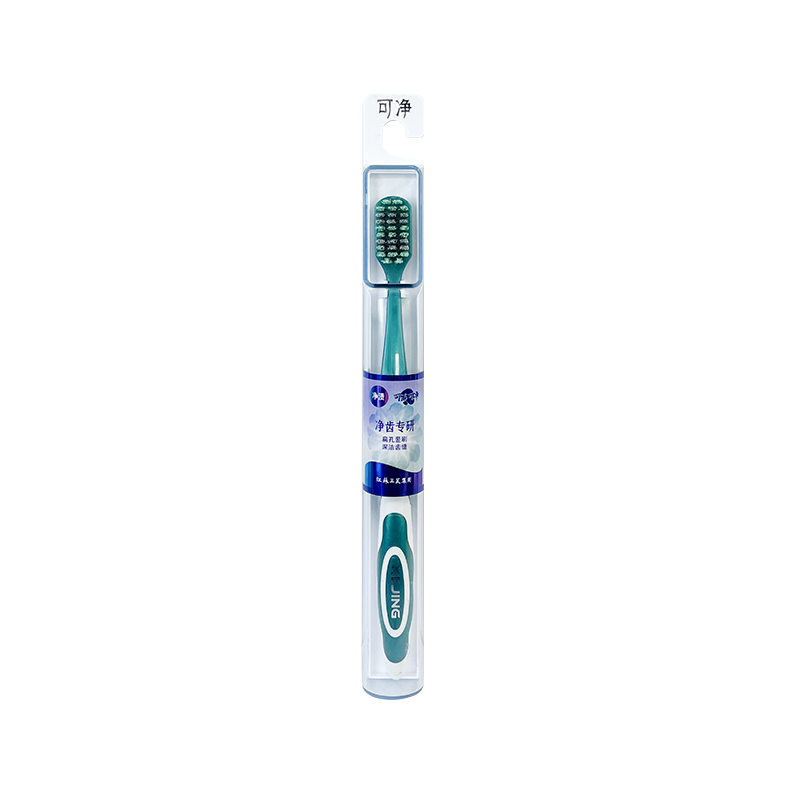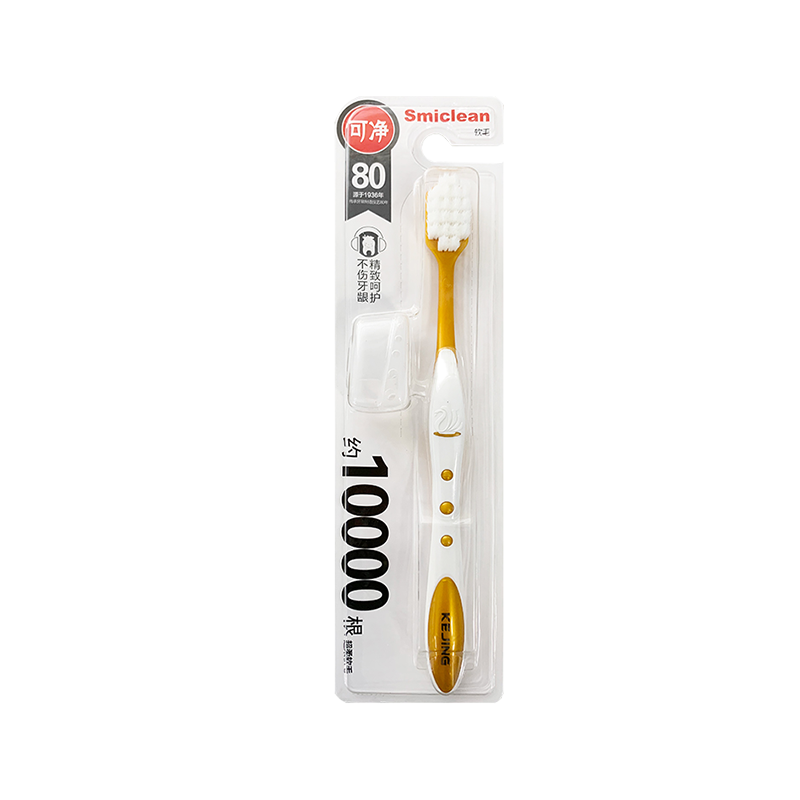Does Sensitive Toothpaste really relieve tooth sensitivity? How does it work?
Tooth sensitivity is a common oral health problem affecting millions of people worldwide. That sharp pain when drinking ice-cold water, enjoying hot coffee, or even brushing your teeth can be extremely uncomfortable. The good news is that sensitive toothpaste offers an effective and simple solution. But how exactly does it work, and is it truly reliable for long-term relief? Let’s explore everything you need to know.
What Is Sensitive Toothpaste?
Sensitive toothpaste is a specially formulated dental care product designed to reduce tooth sensitivity. Unlike regular toothpaste, which primarily focuses on cleaning teeth and preventing cavities, sensitive toothpaste contains active ingredients that target the exposed nerve endings in teeth.
Most sensitive toothpastes work by either:
Blocking the pathways to the nerves inside the tooth.
Desensitizing the nerves so they no longer respond strongly to stimuli such as heat, cold, or pressure.

This makes it an excellent choice for individuals experiencing discomfort from sensitive teeth due to worn enamel, gum recession, or exposed dentin.
Why Do Teeth Become Sensitive in the First Place?
To understand why sensitive toothpaste works, it’s important to know what causes tooth sensitivity. The problem usually begins when the enamel, the hard outer layer of teeth, becomes thinner or damaged. This exposes the underlying layer called dentin, which contains tiny tubules that connect to the tooth’s nerves.
When dentin is exposed, external triggers like hot drinks, cold foods, or even sweet and acidic substances can easily stimulate the nerves, leading to pain or discomfort.
Common causes include:
Brushing too hard or using a hard-bristled toothbrush.
Gum recession due to periodontal disease.
Tooth grinding (bruxism) that wears down enamel.
Acidic food and drinks eroding tooth surfaces.
Dental procedures such as whitening treatments.
How Does Sensitive Toothpaste Work to Reduce Pain?
Sensitive toothpaste uses active ingredients that directly address nerve sensitivity. The most common are:
Potassium Nitrate: Works by calming the nerves inside the tooth. It reduces the ability of the nerves to transmit pain signals, offering long-term relief with consistent use.
Stannous Fluoride: Provides both cavity protection and sensitivity relief by forming a protective layer over exposed dentin tubules.
Strontium Chloride or Acetate: Blocks the openings of dentin tubules, preventing triggers from reaching the nerves.
Regular use of sensitive toothpaste gradually reduces tooth pain and strengthens enamel, making the teeth more resistant to sensitivity triggers.
Is Sensitive Toothpaste as Effective as Dental Treatments?
Many people wonder if simply switching to sensitive toothpaste can replace professional dental treatments. The truth is that it depends on the severity of the problem.
For mild to moderate sensitivity, sensitive toothpaste is usually very effective and can significantly improve comfort in just a few weeks.
For severe or persistent sensitivity, it’s best to consult a dentist, as it may be a sign of cavities, gum disease, or tooth fractures that require direct treatment.
So while sensitive toothpaste is an excellent first step, it should not be seen as a cure-all for every dental issue.
How Long Does It Take for Sensitive Toothpaste to Work?
Relief is not always immediate. In most cases, you need to use the toothpaste twice daily for at least 2–4 weeks before noticing significant improvements. Some premium formulas may provide faster relief, but consistent and regular use is key.
For maximum results, dentists often recommend applying a small amount of sensitive toothpaste directly onto the sensitive area before bed, leaving it overnight for deeper effect.
Who Should Use Sensitive Toothpaste?
Sensitive toothpaste is suitable for anyone experiencing discomfort when eating or drinking. It’s especially recommended for:
People with gum recession exposing tooth roots.
Individuals undergoing teeth whitening treatments.
Those with enamel erosion from acidic diets.
People with general tooth wear due to aging or grinding.
It can also be used as a preventive measure for those at risk of developing sensitivity in the future.
Are There Any Side Effects of Using Sensitive Toothpaste?
Generally, sensitive toothpaste is safe for daily use and has no major side effects. However, there are a few things to keep in mind:
Some formulas with stannous fluoride may cause temporary surface staining, but this can usually be removed during dental cleaning.
Overuse of whitening-sensitive toothpastes may lead to mild gum irritation in sensitive individuals.
It should not be used as a substitute for dental visits if underlying issues like cavities or gum disease are present.
Overall, the benefits far outweigh the risks, making it a safe and practical choice for most people.
Can Children Use Sensitive Toothpaste?
Yes, but only under proper guidance. Children experiencing tooth sensitivity due to enamel issues or orthodontic treatments can use specially formulated sensitive toothpaste designed for younger users. However, standard adult formulas may contain higher fluoride levels that are not suitable for very young children. Parents should consult a pediatric dentist before choosing the right product.
Is Sensitive Toothpaste Expensive Compared to Regular Toothpaste?
Sensitive toothpaste is usually slightly more expensive than regular toothpaste due to its specialized ingredients. However, considering the relief it provides and the potential prevention of costly dental treatments in the future, it is a worthwhile investment.
Many brands also offer budget-friendly options, so cost does not have to be a barrier to improved oral comfort.
Can Sensitive Toothpaste Be Used Alongside Whitening Products?
Yes, but with caution. Tooth whitening treatments often increase tooth sensitivity because they temporarily open dentin tubules. Using sensitive toothpaste alongside or after whitening can help reduce discomfort. Some manufacturers even produce dual-action toothpastes that combine whitening and sensitivity relief.
That said, it’s always best to consult with a dentist before combining whitening and sensitivity treatments, especially if you already have weakened enamel.
How Can You Maximize the Effectiveness of Sensitive Toothpaste?
To get the most out of your sensitive toothpaste:
Use it twice daily as part of your oral care routine.
Avoid rinsing your mouth immediately after brushing—let the protective ingredients stay on the teeth longer.
Pair it with a soft-bristled toothbrush to avoid further enamel damage.
Limit acidic foods and drinks that worsen sensitivity.
Visit your dentist regularly to rule out underlying dental problems.
Final Thoughts: Is Sensitive Toothpaste Worth Using?
The answer is a clear yes. Sensitive toothpaste is one of the simplest, safest, and most effective solutions for managing tooth sensitivity. While it may not replace professional dental care for severe cases, it provides noticeable relief for everyday discomfort.
 English
English русский
русский Español
Español




